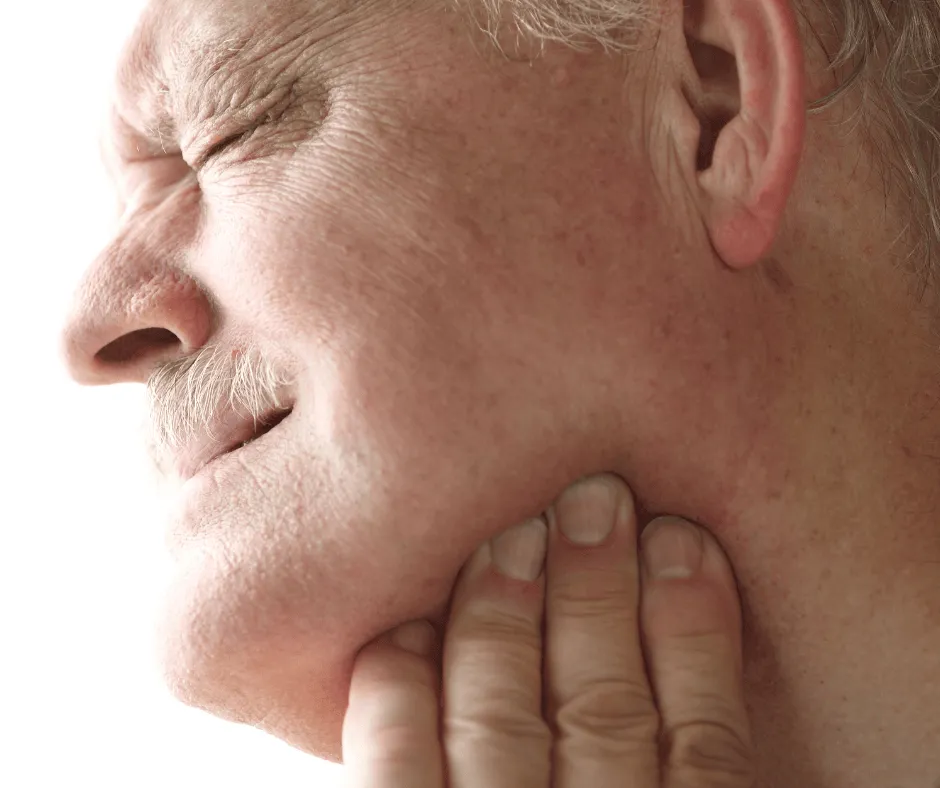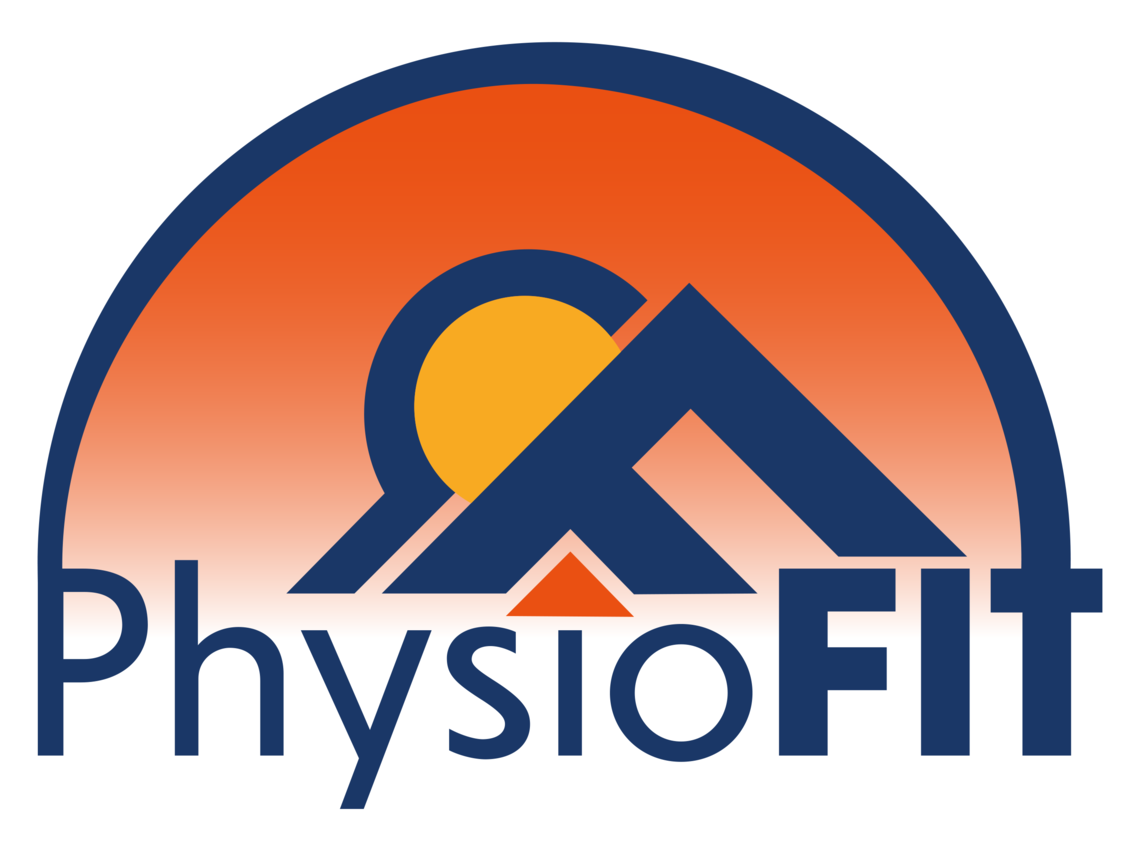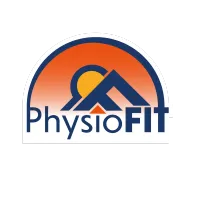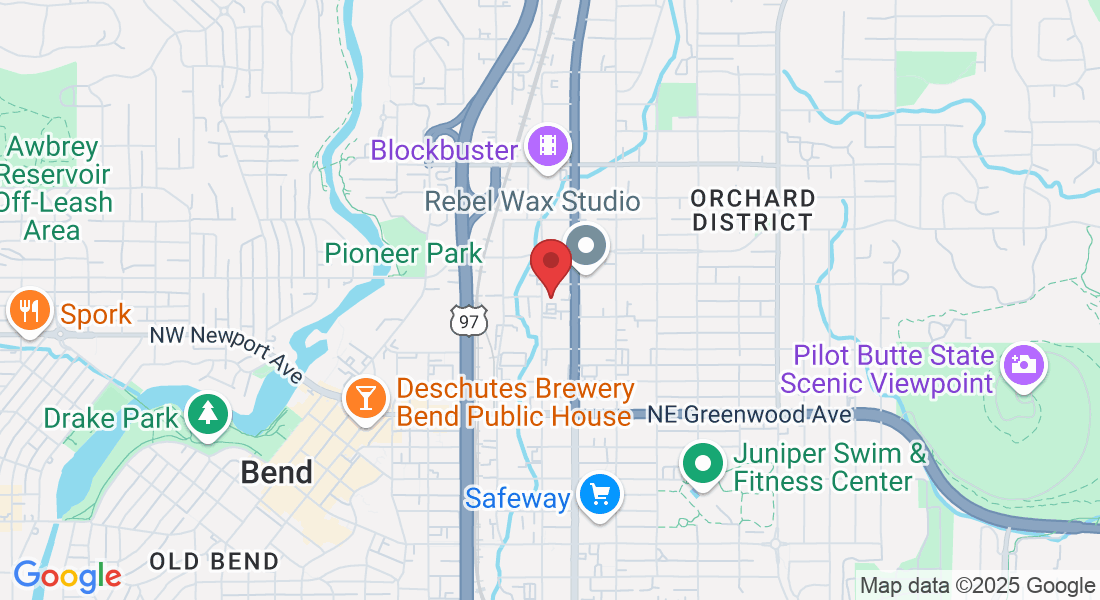TMJ Relief
Unlock Relief From TMJ Pain
If you're struggling with discomfort and dysfunction in your jaw, you've come to the right place. Temporomandibular joint (TMJ) disorders, or TMD, as they are also known, can severely impact the quality of your life, leading to significant jaw pain, headaches, and hindrances in performing simple tasks like opening and closing your mouth. By diving deeper into understanding the complexities of TMJ disorders, we're equipped to provide innovative and tailored physical therapy solutions for effective TMJ pain relief.
Experience TMJ Relief like Never Before with PhysioFit: We take a deeply personalized approach to your health, comprehending that every TMJ pain sufferer requires a unique treatment plan. Leveraging the power of evidence-based, fitness-driven physical therapy in bend, we strive to offer more than temporary relief. We aspire to improve your overall well-being, stave off persistent pain and accelorate your recovery process, allowing you to effortlessly resume your normal life.
What You Should Know
Healthcare providers classify TMDs into three categories:
Disorders of Your Jaw Joints: These involve complications in the jaw joints themselves, often manifesting as clicking, popping, or grating sounds during jaw movement.
Disorders of Your Chewing Muscles: This category includes issues related to the muscles responsible for chewing, where patients may experience persistent or intermittent muscle pain.
Headaches That Result From TMD: A significant fraction of TMD sufferers may experience headaches or migraines as a consequence of jaw joint or muscle dysfunction, significantly affecting their quality of life.
A proper diagnosis of a TMJ or TMD problem involves a thorough evaluation from a professional.

Some of The Most Common Causes of TMJ Pain
The onset of TMD isn't attributed to one solitary cause. Instead, it tends to emerge from a diverse array of factors, often in combination.
Jaw injury: Injuries such as a broken or dislocated jaw can directly affect the temporomandibular joint, leading to TMJ disorders. Such physical trauma can disrupt the alignment and smooth functioning of the jaw joint, inducing pain and discomfort.
Teeth Grinding or Clenching (bruxism): Frequent teeth grinding or clenching, often a subconscious habit during sleep or periods of stress, can exert excessive pressure on the TMJ, contributing to its dysfunction. Over time, this can lead to wear and tear, causing persistent pain and other TMJ-related symptoms.
Arthritis in Your Jaw Joint: Arthritis, an inflammatory condition, can affect any joint in your body, including the TMJ. The inflammation and degeneration associated with arthritis can cause joint pain and stiffness, impairing normal jaw movement.
Malocclusion: Malocclusion refers to the misalignment of teeth when the jaws are closed, which can put additional strain on the TMJ. This imbalance can force the jaw joint to work harder to achieve efficient biting and chewing, increasing the risk of TMJ disorders.
Stress: High levels of stress can lead to physical manifestations such as increased muscle tension or clenching of teeth, both of which can place undue strain on the TMJ. Chronic stress can exacerbate these physical responses, thereby contributing to TMJ pain and dysfunction over time.
If any of this information resonates with your current situation, we urge you to schedule an appointment with us immediately. Don't let hip pain diminish your life quality - allow us to help you embark on the path to relief today.
Can I Prevent TMD or TMJ Pain?
While it's true that certain risk factors contributing to TMJ dysfunction are beyond our control, there are still practical steps you can take to minimize the likelihood of developing this condition:
Make Use of a Mouth Guard During Sleep: Nighttime teeth clenching or grinding, known as bruxism, can significantly contribute to TMJ dysfunction. By wearing a mouth guard as you sleep, you can effectively mitigate this risk, protecting your jaw joints from undue pressure.
Ensure You're Protected in High-Risk Situations: When participating in contact sports, your facial area is more susceptible to injuries. Utilizing a mouth guard during such activities can offer invaluable protection for your jaw, reducing the risk of TMD.
Prioritize Maintaining Good Posture: The alignment of your neck and head plays a vital role in the functioning of your jaw. By ensuring good posture, you can maintain optimal alignment, thereby reducing strain on your TMJ.
Embrace Stress Reduction Practices: Stress can lead to unconscious habits such as jaw clenching, which can exacerbate or lead to TMD. Techniques such as meditation or mindfulness exercises can help manage your stress levels, offering indirect yet essential protection against TMJ dysfunction.

Common Symptoms of TMJ Pain
Jaw Tightening or Stiffness
Jaw Pain
Jaw Clicking or Popping
Trouble Closing or Opening Your Mouth.
Headaches or Migraines
Earaches or Toothaches
Ringing in Your Ears (tinnitus)
Teeth Fitting Together Differently (malocclusion)
Remember, if you resonate with any of the symptoms or conditions mentioned, we highly recommend making an appointment with us for a thorough evaluation and personalized treatment plan.
Please Note: The information provided on our website is intended for general education and is not a substitute for professional medical advice. Each individual's situation and body is different. Therefore, what may work for one person may not work for another. We care about your well-being and advise you to reach out to us to discuss your specific needs before implementing any advice from our website.
Your Source for All Things Physical Therapy in Bend Oregon
The PhysioBlog

Why Every Golfer Would Benefit From a TPI Assessment for Better Performance
Why Every Golfer Would Benefit From a TPI Assessment for Better Performance
Imagine you’re a mid-handicap golfer in Bend, Oregon. You love teeing off at Tetherow but notice your slice is back or your back twinges after 15 holes. You’ve heard about the Titleist Performance Institute (TPI) but have no idea what it is or how it could help your game. In this article, we’ll walk through everything you need to know about a TPI Golf Assessment, what it involves, why it matters for your swing, and how a local Bend physical therapy clinic like PhysioFIT Bend can use it to fine-tune your body and fuel your scores.
What Is a TPI Golf Assessment?
A TPI Golf Assessment is a 16-point physical screening developed by the Titleist Performance Institute. Instead of tweaking your grip or swing plane first, TPI looks at your body’s flexibility, strength, balance, and stability, all in relation to the golf swing. Think of it like a mechanic inspecting your car’s suspension, brakes, and steering before tuning the engine. If your hip rotation is tight or your core lacks stability, no amount of swing drills will fix the real issue.
Why Bend Golfers Should Care
In Central Oregon we’re spoiled with golf on the high desert, from Pronghorn’s immaculate greens to the tree-lined fairways of Awbrey Glen. Yet that altitude, crosswinds, and frequent trail running can leave your body misaligned for the perfect swing. A TPI Assessment pinpoints precisely where your body is holding you back, so you can hit farther, straighter, and play pain-free rounds.
The 16-Point Screen: What Gets Tested
During your TPI Golf Assessment at PhysioFIT Bend, a certified TPI professional will guide you through these key tests:
Overhead Squat Pattern
Measures ankle, hip, and thoracic spine mobility along with core stability.Seated Rotation
Assesses torso turn independent of hips—critical for coil in your backswing.Pelvic Tilt
Evaluates low-back flexion and extension control to prevent pain.Single-Leg Balance
Tests proprioception and ankle stability essential for follow-through.Bridge Movement
Gauges glute activation and hip extension power for solid drives.Straight Leg Raise
Checks hamstring and calf flexibility to support posture.Thomas Test
Looks at hip flexor tightness that can limit your swing arc.Trap-Stretch
Measures upper-body extension and shoulder function for a full finish.Core Stability
A series of plank variations to establish a stable rotation axis.Quad Strength
Single-leg squat depth and control for lower-body power transfer.Thoracic Rotation
Seated or standing twist to test upper-back mobility separate from hips.Shoulder Mobility
A-arm reach tests to uncover restrictions in lead-arm extension.Hip Rotation
Internal and external rotation range that drives hip turn and weight shift.Ankle Dorsiflexion
Measures ankle bend to ensure proper hinge at address.Glute Bridge Endurance
Holding a bridge to fatigue to see if endurance drops mid-round.Cervical Spine Function
Neck rotation and tilt to keep your head stable throughout your swing.
Each test is scored, and your TPI-certified therapist will highlight limitations and strengths in a personalized report.
What to Expect During Your Assessment
A typical TPI session at PhysioFIT Bend takes 30 minutes:
Intake & Goals: Quick survey of your swing history, injuries, and performance targets.
Screening: Guided through all 16 tests—no swinging clubs, just movement.
Results Review: Clear explanation of findings with local analogies (“Your hip rotates like a rusty gate, let’s oil those hinges.”).
Action Plan: Customized exercise program with step-by-step drills to address your specific needs.
Access to the TPI client app where you can find your exercise plan (with videos) and track your progress!
How a TPI Assessment Improves Your Game
By fixing physical limitations first, you’ll notice:
Increased Clubhead Speed: Better hip and core function means more power behind every swing.
Greater Consistency: Improved balance and coordination reduce mishits and errant shots.
Reduced Pain & Injury Risk: Correcting imbalances protects your back, shoulders, and knees.
Boosted Confidence: Knowing your body is optimized lets you focus on strategy and course management.
Sample Golf-Specific Exercises
Here are drills you might receive after your assessment:
Hip-Opening Lunge with Rotation: Frees tight hip flexors.
Medicine Ball Rotational Throws: Trains power transfer through torso.
Single-Leg Romanian Deadlift: Builds glutes, hamstrings, and balance.
Wall Angels: Enhances upper-back mobility for a full finish.
Banded Ankle Mobilizations: Improves your address hinge mechanics.
Aim to perform these 3 to 4 times weekly, then test changes on the practice tee.
FAQ
What does a TPI Assessment involve?
You’ll complete 16 movement tests covering flexibility, strength, balance, and rotation to identify limitations affecting your swing.Do I need to bring golf clubs?
No. The focus is on body movement. Wear comfortable athletic clothing and shoes.How soon before a tournament should I schedule?
Schedule at least 6 to 8 weeks ahead to implement corrective drills and integrate swing changes.Is it painful?
Tests are gentle; any discomfort comes from existing tight or inflamed areas, and your therapist adjusts accordingly.Who benefits?
All ages and levels, junior golfers, weekend warriors, and seniors alike reap the benefits of optimized movement.How often do you re-screen?
Annual re-screening is ideal, or sooner if you notice new aches, swing changes, or after off-season training.Is it covered by insurance?
Coverage varies. Contact your provider, and we can supply required billing codes.Can I do exercises solo?
Yes, but we recommend at least two follow-up sessions to ensure proper form and progression.What about existing injuries?
TPI can flag and adapt tests for injuries in rehab, keeping you safe and on track.How do I book my screen?
Call 541-797-5800 or visit www.PhysioFITBend.com and click “Make an Appointment” with our TPI Certified Pro, Michael Hernandez.
Ready to take your game to the next level? Book your TPI Assessment at PhysioFIT Bend and unlock your full potential on Central Oregon’s premier courses. Your best round yet is just one screen away.
Copyright PhysioFIT 2025 . All rights reserved


